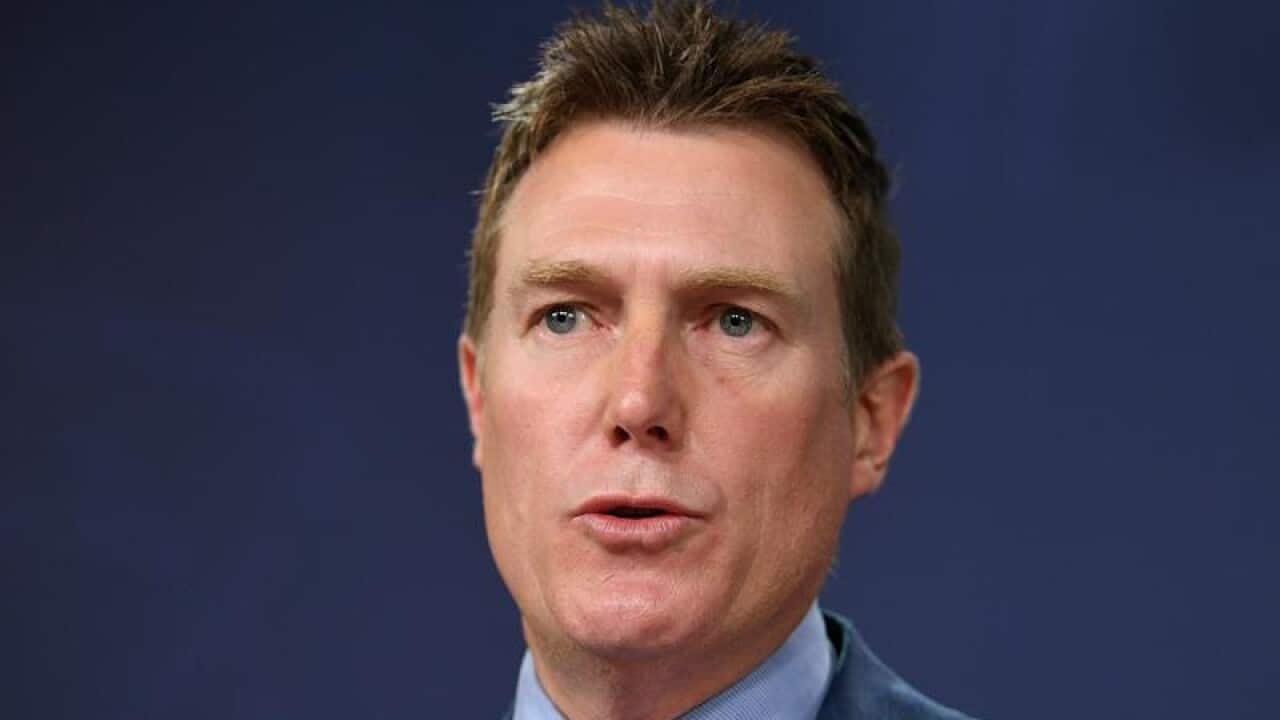As the debate over the Morrison government’s plan to legislate against religious discrimination gathers heat, an Essential poll has found only 38 per cent of Australians agree that stronger laws are needed to protect those who express their faith in public.
On the other hand, the poll found that 58 per cent believed employers should not have the right to dictate what their employees say outside work.
When people were asked their opinion on various statements, 69 per cent agreed with the statement, “it is only right that people consider how what they say can affect others.” A high proportion – 64 per cent - agreed that “people should not be allowed to argue religious freedoms to abuse others.”
But 64 per cent agreed that nowadays people were unlikely to say what they really think because they were afraid of how others would react.
Most respondents knew about the – who was sacked after a homophobic post based on the Bible - although people were divided over whether it was mainly about Folau’s right to express his religious views (43 per cent) or about whether Rugby Australia should be able to dismiss an employee who was in breach of his contract (49 per cent).
Two-thirds (68 per cent) agreed that Folau chose to share his religious views on social media and should take responsibility for them. About half (51 per cent) agreed he had used his public profile to attack a minority group in the community.
Nearly half (46 per cent) thought Folau’s actions had damaged the Wallabies team and rugby in Australia, while just 34% believed he had the right to voice his religious views, regardless of the hurt it could cause others.
What various interest groups are saying
In an published by Guardian Australia this week, Attorney-General Christian Porter flagged that his proposed religious discrimination legislation would cover a situation like the Folau case.
Porter said the legislation would include a clause relating to indirect discrimination.
"This would provide an overarching rule that places limitations on what an employer could do by way of general rules that affected all of their workforce, if those general rules, in an unfair and unreasonable way, had a negative – or what the legislation calls a disadvantaging – effect on a person of faith."
Porter is currently holding briefing sessions for Coalition backbenchers.
Prime Minister Scott Morrison has said he does not want the legislation to be divisive. But he is faced with a widening debate that will be difficult to manage.
Hard-line conservatives in the Liberal party want the government to go further than it is inclined. But the free-market Institute of Public Affairs is warning about unintended consequences of legislation. And advocacy groups for women and gays are agitated that the legislation – the origins of which was as a sop to the losing side in the same-sex marriage debate - could lead to new discrimination.
The women’s group Fair Agenda has joined with LGBTIQ+ advocacy organisation Equality Australia to ask the government to ensure people of faith, women and LGBTIQ+ people “are protected equally.”
The groups, who want a meeting with the government, warned on Tuesday that inappropriately drafted provisions could override existing legal protections for LGBTIQ+ people and women, and undermine employers’ ability to maintain safe and inclusive workplaces.
They are also concerned about "the impact of any unfettered free speech provisions that some religious lobby groups have been arguing for, which could override important reproductive health protections such as safe access zones that operate in many states."
John Roskam, executive director of the IPA, told Sky that while there were concerns over people of faith being driven from the public square, the government’s proposals, from the little known thus far, were counterproductive.
"They’re going to hand over the definition of religion to the Human Rights Commission. They’re going to reverse the onus of proof so you’re going to have to prove that you didn’t discriminate."
He said the IPA’s broader argument was that the difficult challenges :are best faced by community sanction, by debate, by discussion, by argument, not by creating more laws."
Roskam said there was also a risk of "a de facto blasphemy law. You have to be able to talk about religion. You have to be able to criticise religion whether it’s Christianity, Islam, or anything else or whether it’s no religion, whether it’s simply an expression of political opinion."
Michelle Grattan does not work for, consult, own shares in or receive funding from any company or organisation that would benefit from this article, and has disclosed no relevant affiliations beyond their academic appointment.










